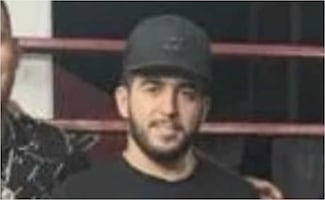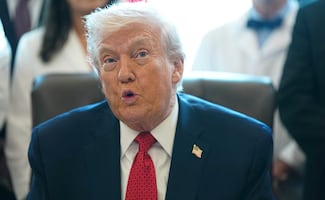Más Información
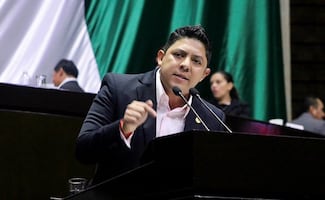
En SLP nunca ha existido una gobernadora y ahora hay una posibilidad real que así sea, asegura Ricardo Gallardo tras aprobación de "Ley Esposa"
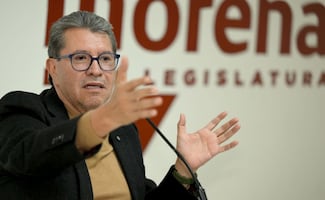
Morena analiza disminución de pluris y elección popular de consejeros del INE: Monreal; serán revisadas en la reforma electoral, dice
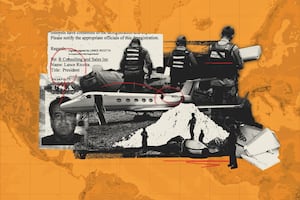
Rastro de jets vinculados al narcotráfico lleva a un vendedor en California… y a un punto ciego de la regulación aérea en Estados Unidos

Secretaría Anticorrupción sanciona a dos empresas por buscar contratos con información falsa; imponen multa de miles de pesos

Banxico se despide de 2025 con otro recorte a la tasa de interés; queda en 7% por ajuste de 25 puntos base
By Andrés M. Estrada
Mexico City ranks first in seized counterfeit medications in the past nine years, with 941,955 pieces, according to information provided to EL UNIVERSAL via the Transparency Law by Mexico's Attorney General's Office (PGR).
Puebla is second with 2,447, followed by Coahuila, with 638. Also El Santuario, in Jalisco, is an area known for selling fake drugs, according to the National Association of Pharmaceutical Entrepreneurs (Unefarm); 102 pieces more were seized in other states.
Fake medicines represent an enormous danger for the population.
Juvenal Becerra Orozco, chairman of Unefarm, says that these products are risky because some of them are a placebo made of some kind of starch, so in the case of diseases chronic degenerative diseases or blood pressure problems, people can suffer a heart attack because they are not taking the right medication.
In other cases substances that endanger the patient's life are added to counterfeit medications, apart from bacteriological dangers due to the lack of an adequate hygiene.
"They can lead to poisoning or something even more serious," Becerra explained.
In 2015 the PGR seized 945,152 fake medicines, while Mexico's Federal Police seized 1,800 pieces and 2.8 kilos of counterfeit medications during the same period, according to data obtained via the Transparency Law.
The Federal Commission for the Protection against Sanitary Risks (COFEPRIS) did not provide an estimate about the fake drugs seized during the period, and only said that from 2010 to 2015, 372 tons of drugs were seized in 135 operations due to irregularities such as lacking sanitary registration, bulk sales, instructions in a language different to Spanish, sales of medical samples, medicines without expiry date or allegedly counterfeit.
Becerra says that out of the 180 billion pesos (US$10 billion) in medicines sold in Mexico every year, 4.5% are fake.
He added that some of the counterfeit medications that are commercialized are those for chronic degenerative diseases, diabetes, high blood pressure and high lipids, as well as Viagra, for erectile dysfunction.
Fake medicines are sold in markets such as San Felipe de Jesús, in Gustavo A. Madero district, and Tepito, in the heart of Mexico City. Most of them come from Asia, especially India, Pakistan and China, and enter Mexico through Central America.
Those who produce fake medicines can be punished with one to 9 years of prison and a fine of 100,000 days of minimum wage, while distributors can be sentenced to five years in prison and a fine of 5,000 days of minimum wage.
From 2007 to 2015, 58 people were arrested for selling or distributing fake medicines in Mexico: 12 in Jalisco and the State of Mexico each, 11 in Durango, 8 in Baja California Sur, four in Nayarit and Oaxaca each, three in Sonora and two in Querétaro and Baja California each.
Fake medicines have also been found in drugstores such as La Mérida in Quintana Roo, Best Price in Sonora and Intercontinental de Medicamentos in Guanajuato.
Noticias según tus intereses
[Publicidad]
[Publicidad]






